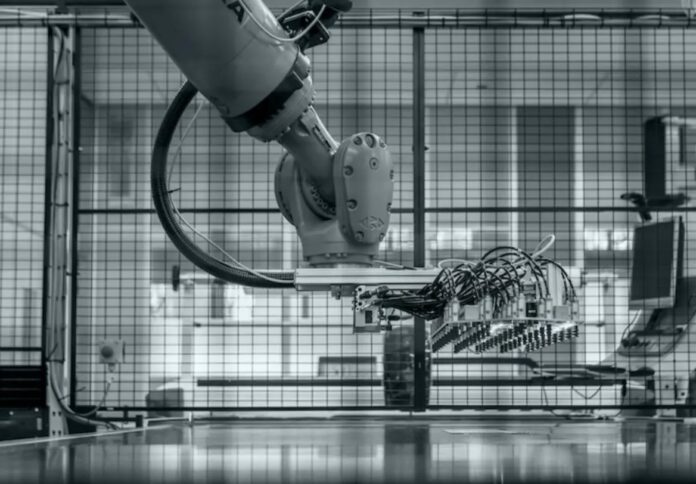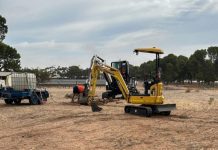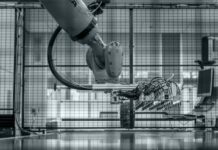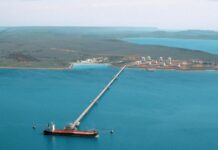
Sparc Technologies, Fortescue, and the University of Adelaide have advanced to Stage 2 of the Sparc Hydrogen joint venture to develop low-cost green hydrogen using innovative photocatalytic technology.
The Stage 2 focus will center on constructing a pilot plant and testing reactors, alongside continued laboratory evaluations of PWS reactors under diverse conditions.
The planned pilot plant aims to establish a globally leading research and development facility, Sparc said in an ASX announcement.
Sparc Technologies Managing Director Nick O’Loughlin emphasised the significance of the collaboration, stating, “Sparc Technologies is very pleased to be pursuing Stage 2 of the Sparc Hydrogen joint venture alongside its supportive world-class partners.”
“A significant amount of work has gone into this positive investment decision, reflecting the R&D team’s efforts, strong IP position, and the high potential of this technology to unlock low-cost green hydrogen without relying on electrolysers, stretched electricity grids, and related infrastructure.”
Michael Dolan, Fortescue’s Director of Research and Development, noted the potential of the innovation, adding, “Fortescue is proud to continue its support of Sparc Hydrogen and its innovative photocatalytic water splitting technology. This Australian innovation has the potential to make green hydrogen an even more competitive energy resource by decoupling its cost from the cost of green power.
“The Phase 2 pilot plant will enable this promising technology to be evaluated at a meaningful scale ahead of potential commercial deployment in the future.”
Professor Anton Middelberg, Deputy Vice Chancellor (Research) at the University of Adelaide, highlighted the university’s role in advancing the project.
“The University is pleased to commit to this next stage of work on photocatalytic water splitting, based on the outstanding research work of Professor Greg Metha and his team. The core IP developed by Professor Metha relates to PWS reactors operating under concentrated solar energy.”
“This investment into constructing a pilot plant enables us to stress-test catalysts developed globally and places South Australia in a position of competitiveness in testing innovative hydrogen technologies,” he said.
The development of the pilot plant has already achieved significant progress. A front-end engineering and design (FEED) study conducted by Incitias Pty Ltd validated the project’s technical feasibility.
Site planning reports have been submitted to the Light Regional Council, with approvals anticipated by January 2025. Procurement of key equipment, including a linear Fresnel concentrated solar system, is underway, with deliveries expected in the first quarter of 2025.
Additionally, the design for the pilot-scale PWS reactors has been finalised, and agreements for materials and site leases are ready for execution.
The project schedule indicates pilot plant construction is expected to be completed by mid-2025. The facility will enable independent testing of various reactor designs and photocatalyst materials under concentrated solar conditions.
Sparc Hydrogen noted that no similar facilities exist globally for testing and scaling up photocatalytic water splitting under these conditions.


















